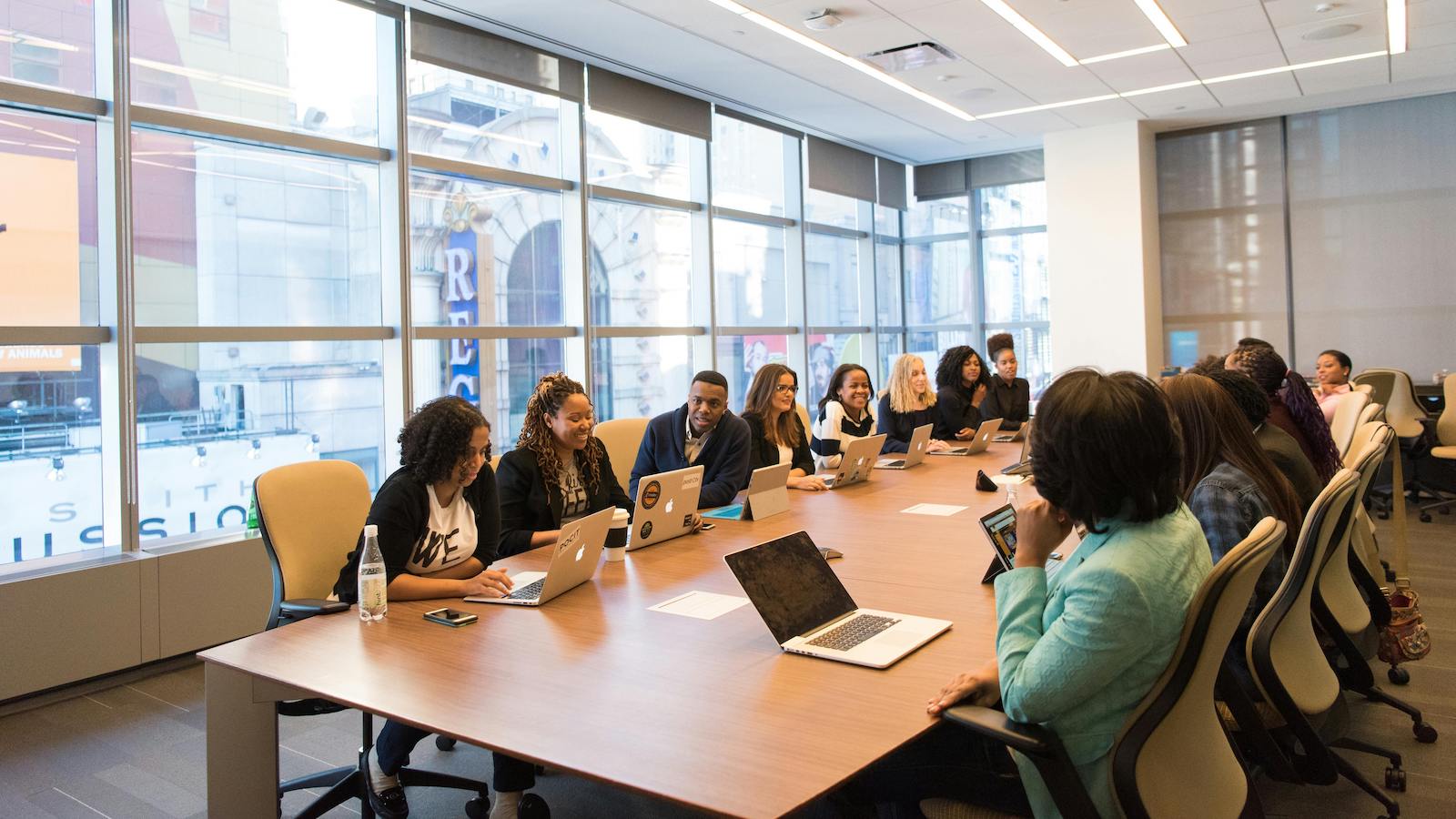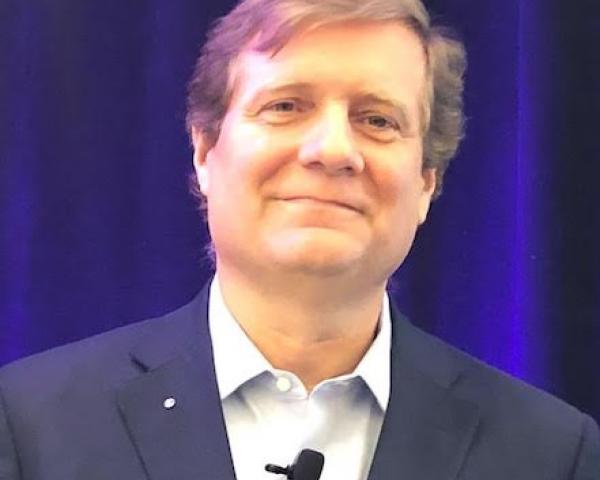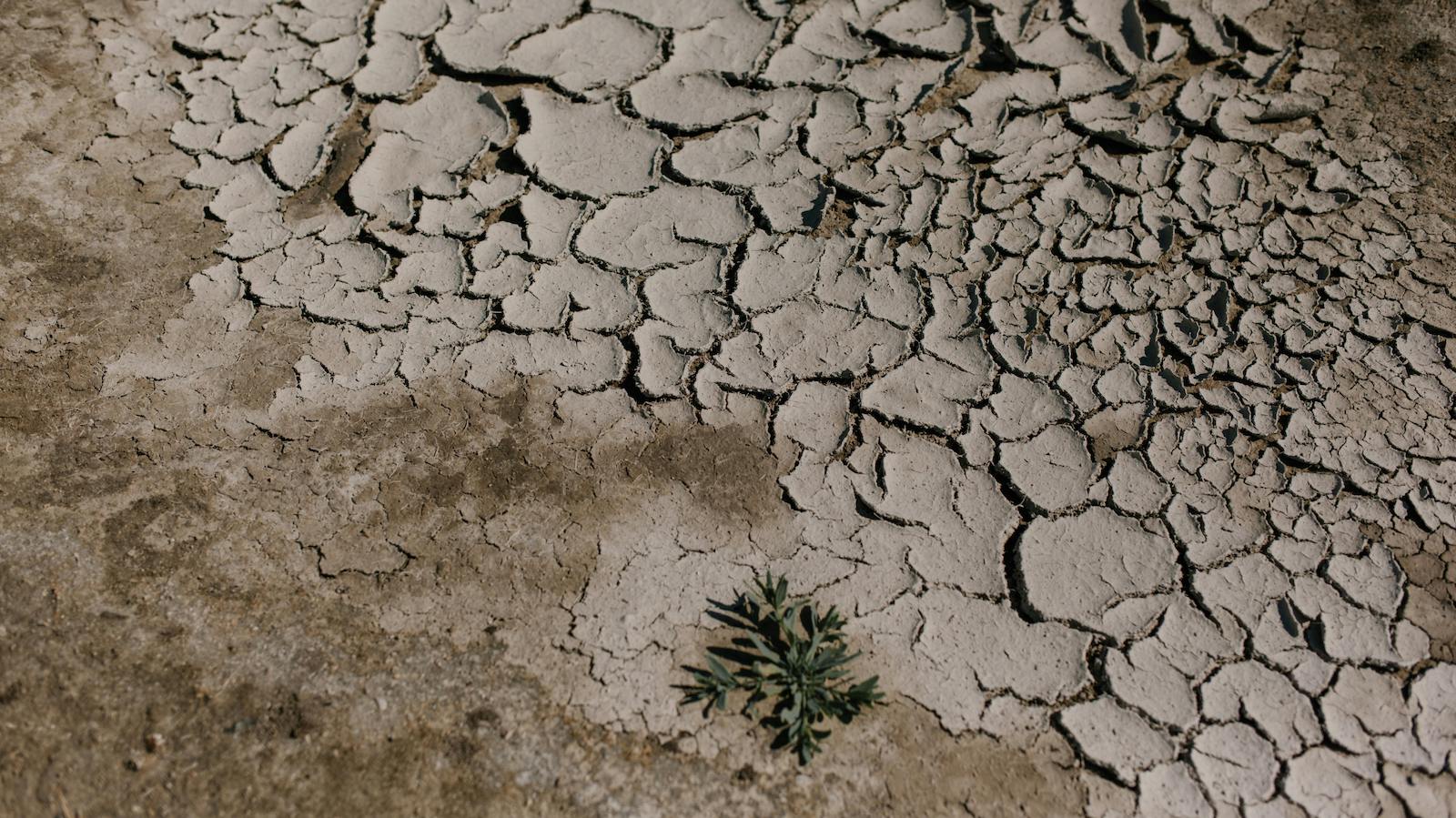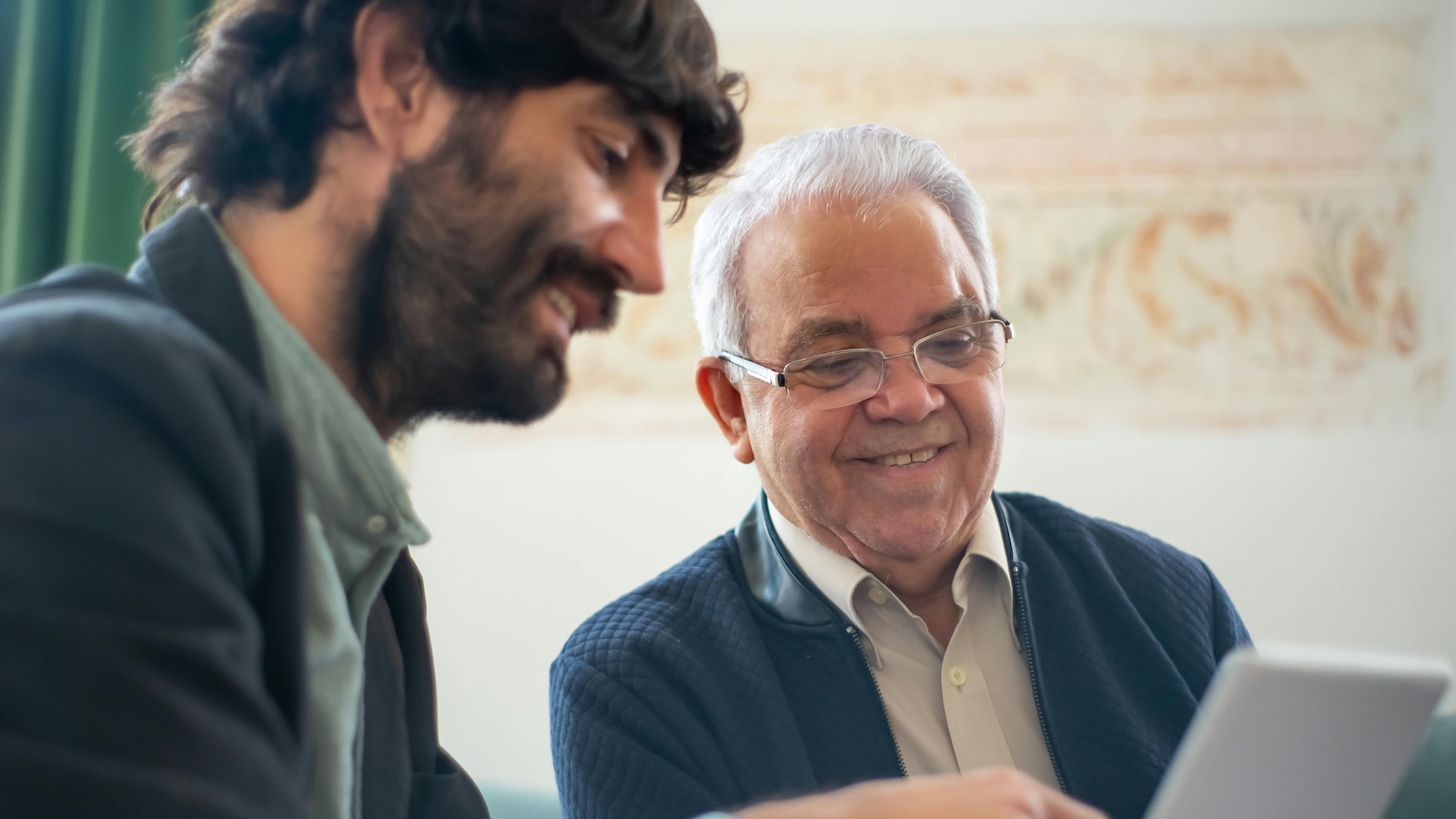Convening. It’s not a word I generally like; probably because too often the convening seems more important than the convened. Turns out there’s a discipline to convening, and if done with forethought and rigor it can create the atmosphere and context for meaningful dialogue.
That was the case a few weeks back when I was part of convening a dialogue with at-risk/in-need communities – and those who support them – about the types of climate risk data and analytics they could access and deploy. Sponsored by the North Carolina Office of Resilience and Recovery and the Nicholas Institute for Energy, Environment and Sustainability, the workshop included about 40 state and local leaders, all of whom shared a passion for protecting communities exposed to climate risks. They also shared a healthy skepticism of the insurance sector’s role in supporting those efforts.
That skepticism is justified, as insurers struggle to elevate individual-level risk behavior incentives to the community level and rarely engage communities directly to discuss the complexities of these issues or explore joint solutions. It’s just not what we typically do.
This gap between what communities have and what they need became evident when a veteran risk engineer explained the suite of offerings for a large corporate client, including detailed engineering reports, insightful benchmarking, sophisticated scenario mapping and creative risk transfer solutions. As you can imagine, the community representatives were impressed – and perhaps a little envious – of the breadth of analytics available to large corporate firms.
See also: Biggest Business Trends for 2024
But these communities have their own needs, like understanding if and how certain risk-reduction efforts meet ever-shifting social justice, fiscal and economic expectations. Communities need a tool that can credibly run countless scenarios and help leaders make risk-informed decisions: seawall or nature-based solution; five-year time scale versus 20; prioritize protection for lower-income dwellings or the commercial district; go it alone or align regionally. In other words, what they need is a crash-test dummy for climate risks.
Fortunately, several tools are emerging that could serve as climate risk versions of IIHS’s auto-safety crash test dummies. One, called IN-CORE, has been 10 years in the making through a NIST-sponsored research center led by Colorado State University. The computational model builds on many local data sets and peril-specific algorithms to provide a snapshot of how a particular risk will evolve under a chosen IPCC scenario, with or without particular mitigation interventions. The model also generates economic impact assessments of the event and a socio-economic breakdown of affected residents.
Such a tool could easily become the basis for grant-writing, bond issuances and other adaptation efforts. Its greatest value, though, is ensuring risk-aware decision-making.
See also: Win in the Small and Medium-Sized Business Market
In our particular case, the convening was not the end of the story. It was literally the beginning. From here, we plan to tap into an existing Duke program where PhD students lead small teams that pursue impact-oriented data and analytical projects to explore how we could make IN-CORE or something like it relevant and accessible to at-risk communities. As the fall semester begins, we’ll progress to another Duke program and unleash a diverse cohort of 10 students to investigate how these tools can best help individual communities, and to test the feasibility of innovative models like Community-Based Catastrophe Insurance and Nature-based risk solutions.
The pilot aims to support a few North Carolinian communities in using the new tools and then to scale the approaches that create the most value.
All this started with a convening. Not among insurers, but among local leaders and technical assistance providers who ultimately will make the decisions that will shape the property cat market for decades to come. In fact, the entire event occurred in collaboration with the Southeast Navigators Network, a Walmart Foundation-funded campaign run by the GEOS Institute to provide meaningful support to low-income communities recently designated as Community Disaster Resilience Zones.
Is all this unique to the academic world? Of course not. But unlike many of us in the corporate world, those in the academic world are good, active listeners who are trained in pursuing insights without bias. That objectivity and subject matter expertise make a difference, particularly in dialogues where trust may be an issue.
So next time you’re convened, make sure you start with a foundation of discipline and rigor – and be ready to make progress through difficult conversations. Otherwise, you’re just in another meeting.








